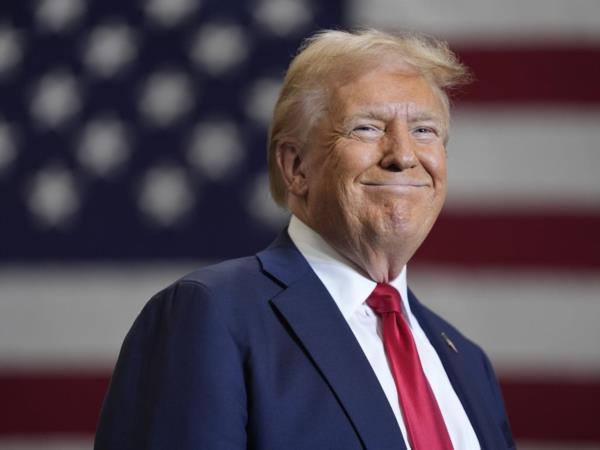
During his first term as US president, Donald Trump was seen as a friend to Taiwan, bolstering support for the island through increased arm sales and upgraded diplomatic visits. However, on the campaign trail, Trump suggested that Taiwan should pay more for US 'protection' and accused the island of 'stealing' America's chip business.
Taiwan is now preparing for a potentially more volatile relationship with Washington under Trump's second term. The island, viewed as a security concern by China, relies on US support for defense. Taiwan will likely need to increase its defense spending and engage more with the Trump administration to secure American backing.
Despite the uncertainties, Taiwan remains confident in its ties with the US, emphasizing its willingness to be a reliable partner. The island has strong bipartisan support in the US, and communication channels between the two sides have flourished.



As Beijing escalates military intimidation of Taiwan, the island faces growing security challenges. Taiwan's defense budget has been on the rise, with a proposed record high military budget this year. However, meeting Trump's suggested 10% target for military spending could be politically challenging.
Trump's remarks on Taiwan's chip industry have raised concerns about potential policy shifts that could impact the island's economy. Taiwan's semiconductor industry, a key player in global technology supply chains, may need to navigate new challenges under Trump's second term.
As Taiwan navigates these uncertainties, experts suggest that increased outreach and education efforts will be crucial for Taiwanese businesses, particularly in the semiconductor sector, to mitigate risks and maintain their position in the global market.







